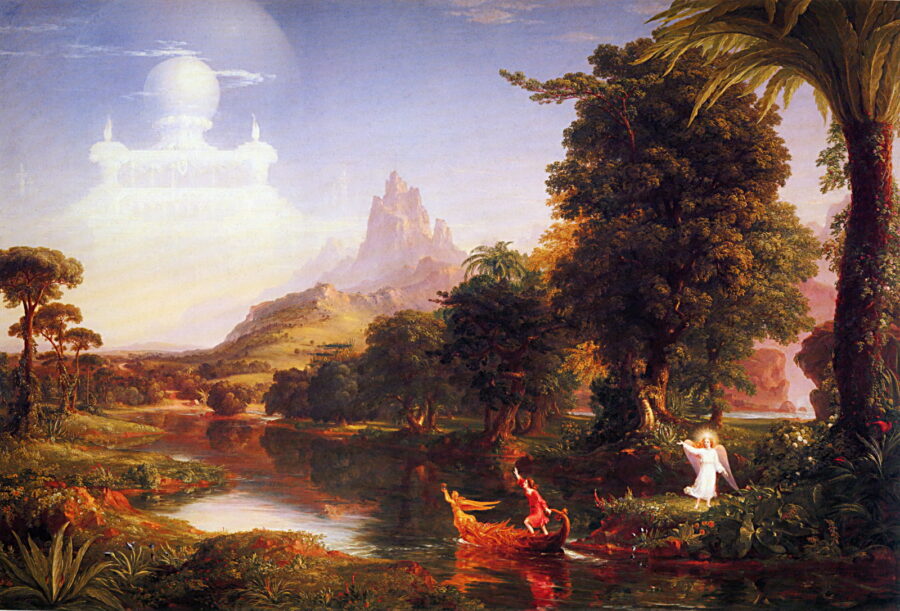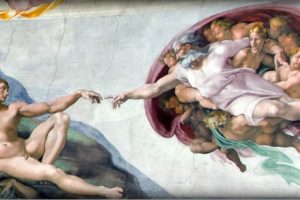I have a new addiction. Every night before bed, when no one is watching, I sneak into a dark room, turn on the television, and pop in another episode of Human Planet. Six episodes into an eight-part series, I’ve soaked up every second. This is no ordinary nature show. Whereas its predecessor, BBC’s Planet Earth, focuses on plants and animals, Human Planet celebrates the crown jewel of God’s creation: mankind.
Human Planet takes us from India, where men train elephants to haul timber; to West Papua, where tribesmen live in tree houses ten stories high; to the Algerian desert, where workers dig underground tunnels to reach ancient streams. Much of the series centers on man’s quest for food, as he hunts spiders, sperm whales, and everything between. But the best part is meeting people who, although they look a little different (some a lot different), are much like me, made in the image of God.
Watching this series has actually been a worshipful experience. The grandeur of God’s creation on a flat screen! Marvels I would never see without the magic of moviemaking. Late at night, just me and BBC, I watch in wide-eyed wonder—and what is worship but wonder?
Furthermore, Human Planet is an hour of surprisingly solid theology. Without realizing it, BBC preaches a biblical truth that few documentaries address: man’s dominion over creation. It’s an ode to the image of God, both men and women, as they spread across the world, taking dominion over land, plants and animals. Every episode begins this way (and it’s better if you read it in the refined British accent of narrator John Hurt):
Only one creature has carved a life for itself in every habitat on earth. That creature is us. All over the world we still use our ingenuity to survive in the wild places, far from the city lights, face to face with raw nature. This is the human planet.
Heck yes, it is! The earth is ours. Ours because it is God’s: “The earth is the Lord’s and the fullness thereof, the world and those who dwell therein, for he has founded it upon the seas, and established it upon the rivers” (Psalm 24:1-2).
Our dominion has roots in Eden, where God said, “Be fruitful and multiply and fill the earth and subdue it and have dominion over the fish of the sea and over the birds of the air and over every living thing that moves on the earth” (Genesis 1:28). That mandate was reaffirmed after the flood, when God delivered the land into Noah’s hand and said, “I give you everything” (Genesis 9:1-3). Fast-forward to the Sermon on the Mount as Jesus tells his listeners, “Blessed are the meek, for they shall inherit the earth” (Matthew 5:5).
Wait a minute, what’s up with the future tense? Don’t we already own the place?
Let’s not forget we live in the Already/Not Yet. Although our rule has already been established, playing out in a very real sense, it is not yet consummated. In fact, the dominion depicted in my beloved Human Planet only foreshadows a greater rule—and a greater earth—to come.
(To be continued)





2 Comments
Leave your reply.